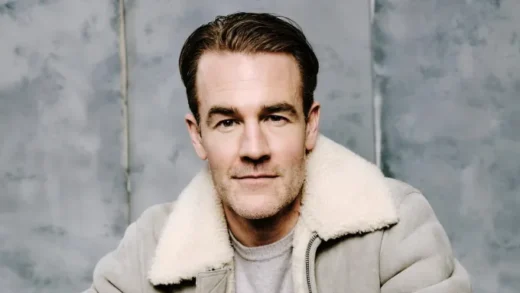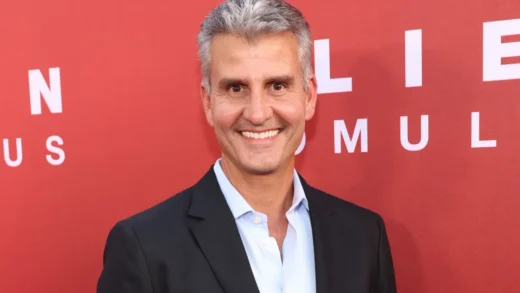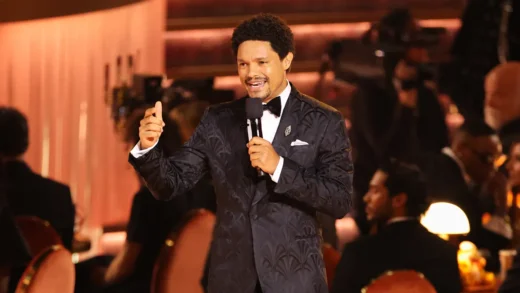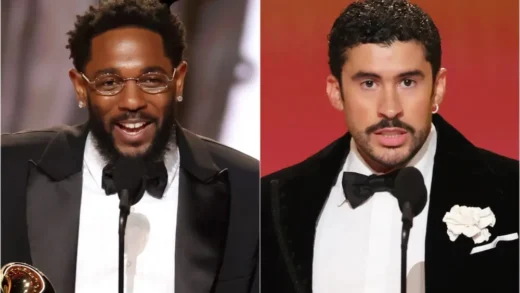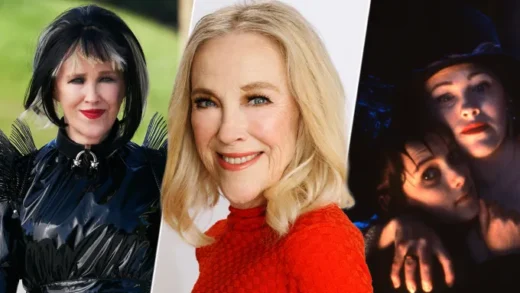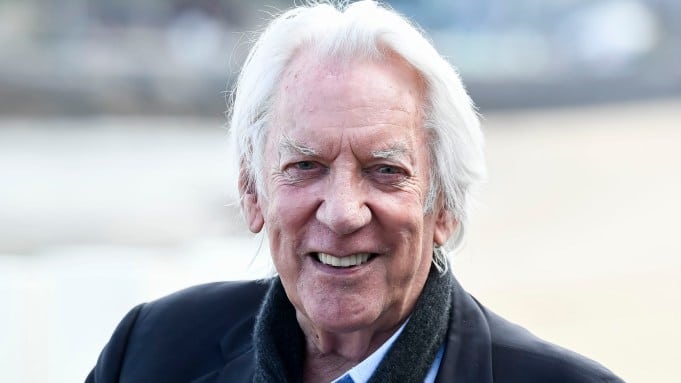Donald Sutherland, whose performances in such films as M*A*S*H, Ordinary People and The Hunger Games proved he could portray sinister, sympathetic, comedic or tragic with equal aplomb, has died. He was 88.
Sutherland died Thursday in Miami after a long illness, CAA’s Missy Davy told The Hollywood Reporter.
Remarkably, Sutherland was never even nominated for a competitive Oscar, though the Academy of Motion Picture Arts and Sciences made up for the oversight by giving him an honorary statuette in November 2017 at the Governors Awards.
A prodigious actor who often appeared in three to five films a year, the lanky Canadian-born star displayed great range during his six-decade career. His early characters, like crazed/dazed Pvt. Vernon Pinkley in The Dirty Dozen (1967), anti-Establishment Army medic Benjamin Franklin “Hawkeye” Pierce in M*A*S*H (1970) and hippie tank commander Oddball in Kelly’s Heroes (1970), were rascally mavericks.
With his distinctive baritone and crystal blue eyes, Sutherland was also effective in provocative roles, like when he played a private eye who falls for a prostitute (his then real-life romantic partner Jane Fonda) in Alan J. Pakula’s Klute (1971).
In Nicolas Roeg‘s horror thriller Don’t Look Now (1973), he and Julie Christie tantalized audiences in one particular bedroom scene, one of the more torrid sexual sequences in movie history. And for Federico Fellini, he starred in 1976 as Casanova.
Sutherland’s turn as the irreverent, martini-loving Hawkeye in M*A*S*H opposite Elliott Gould as “Trapper” John McIntyre brought him international stardom at age 35.
“It showed the concept of war without showing war,” he said of the classic Robert Altman film in a 1970 interview for the CBC program Telescope. “When you are in a field station like we were, it is insane to watch human bodies come flying into a camp that are wrecked for no reason at all. That kind of insanity created an environment, a kind of mini-society, that was in chaos. To a lot of people, that represents a kind of society that we have today.”
Taking a different tack, Sutherland was empathetic as a suburban Chicago lawyer trying to hold his family together in Robert Redford‘s Ordinary People (1980) and as a compassionate doctor in Richard Pearce’s Threshold (1981). But then there he was playing a maniacal pyromaniac in Ron Howard‘s Backdraft (1991).
(Excerpt) Read more in: The Hollywood Reporter
